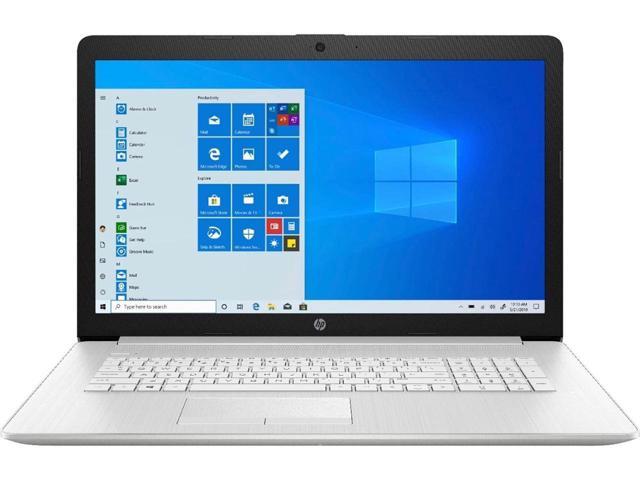Making your home more energy efficient will help you to reduce high energy bills, improve comfort and help to protect the environment. Saving energy at home is easy. This book contains time-tested tips and energy-saving choices for reducing your home energy consumption: The book covers the following areas: * Cutting Heating and Cooling Costs * Energy Efficient Use of Appliances. * Saving Energy in the Kitchen * Energy Efficient Home Lighting * Energy Efficient Water Use Here’s just a small sample of the tips included: Turn the thermostat to its lowest setting if you won’t be at home for a few days. You can turn off the heating system completely if there’s no danger of pipes freezing while you’re away. Walk around the house with a candle on a cold windy day to see where cold may be entering around doors and windows. Save on heating costs and stay comfortable in cold weather by dressing to retain body heat. Layer your clothing: wear lightweight basic garments, such as a shirt or blouse or short-sleeved sweater, covered by heavier garments, such as a Saving Energy sweater vest, and topped with a warm jacket or sweater jacket. If you become too warm you can adjust your own body thermostat by taking off a layer. To speed the installation of weatherstripping, try stapling instead of nailing it. Keeping your home well caulked is one of the best ways to save energy. When you caulk, make sure joints are thoroughly dry-you can dry deep crevices with a cloth stretched over the blade of a putty knife, or with a blast of hot air from a hair dryer. When caulking several joints, start with the smallest joint and recut the tube’s nozzle as necessary for successively larger joints. A room will stay warmer in cold weather if curtains fit tightly against the window’s frame so that warm room air doesn’t move across the cold. window surface. A fixed valance at the top and sides of the curtains will help, and so will weighting or fastening the curtains at the bottom. Installing a wi















